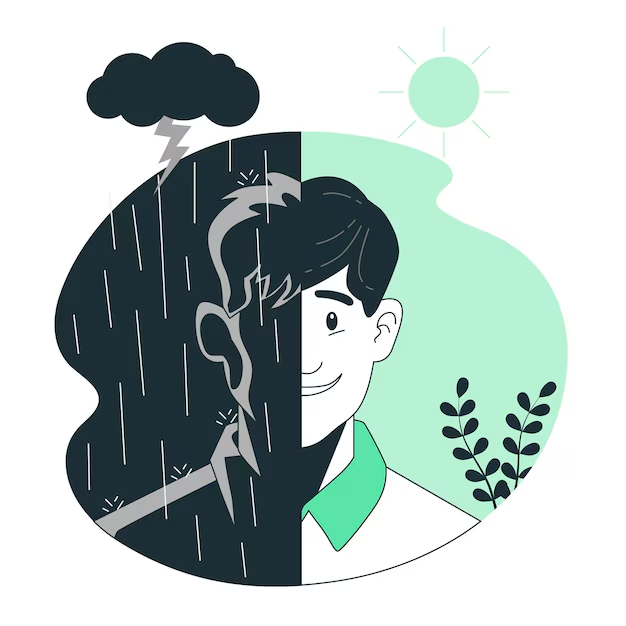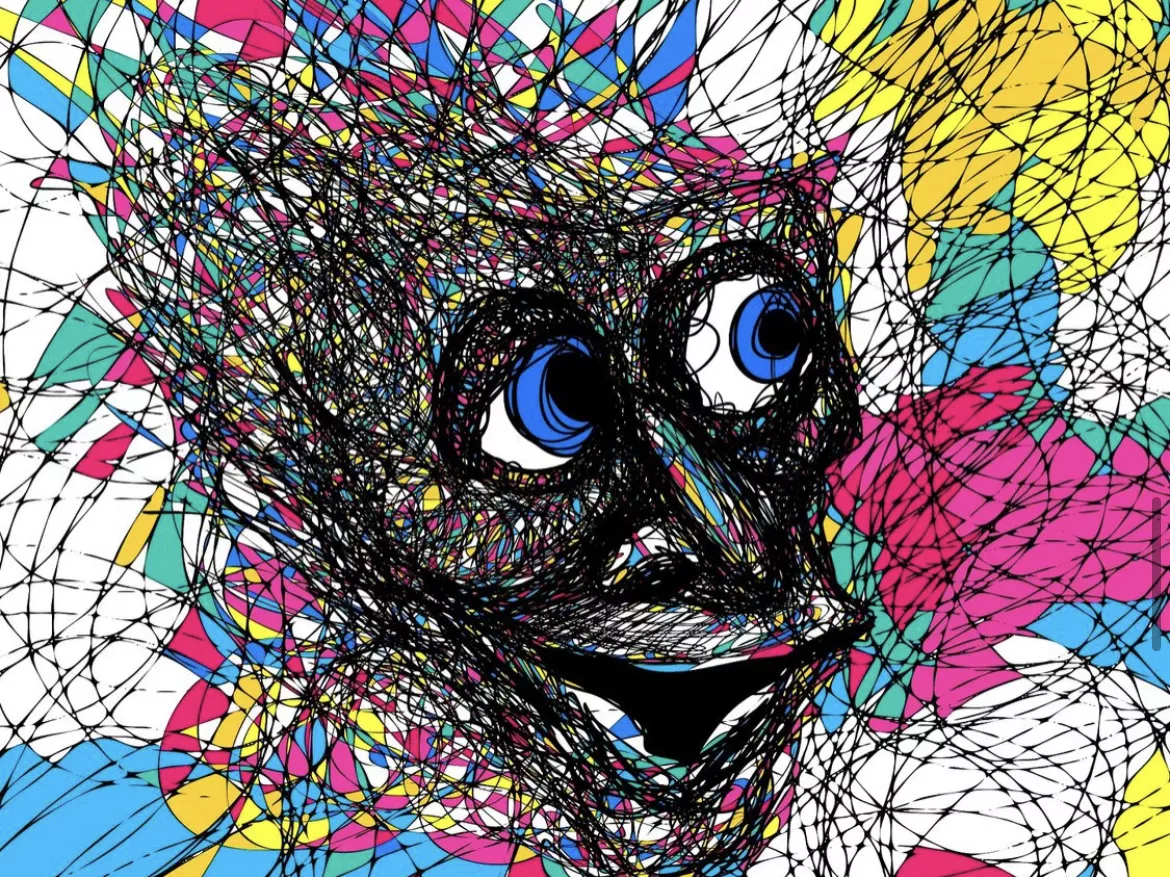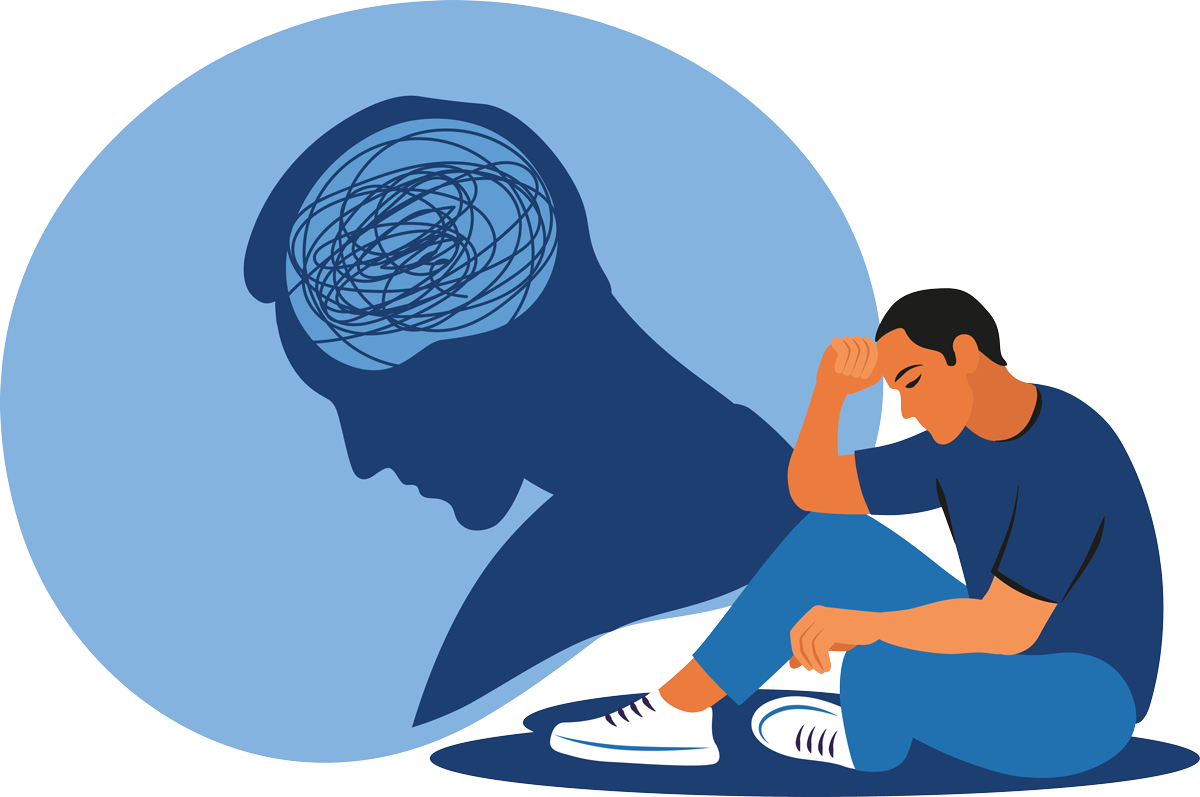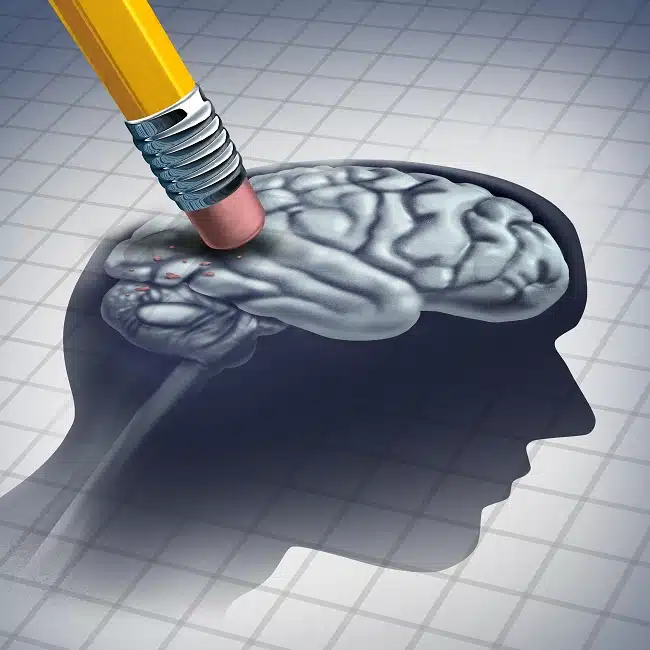Causes Of Mental Health Disorders
Mental health disorders involve multifaceted etiology that includes genetic, biological, and environmental factors, plus lifestyle factors-sometimes singly or interactively. It is in this respect that family history may make a contribution to the said conditions, describing, as it were, the part genes play in mental health conditions. Biological influences include chemical imbalances in the brain, hormonal changes, and such other factors that trigger depression or anxiety neuroses. Traumatic experiences, chronic stress, and major life events are all types of environmental stressors that can provoke or exacerbate symptoms. Lifestyle factors, such as diet, exercise, substance use, and sleep, also contribute to mental disorders, as do social circumstances including social isolation or a lack of social support. In many cases, multiple factors combine to create mental health conditions; thus, each individual's experience is unique.









